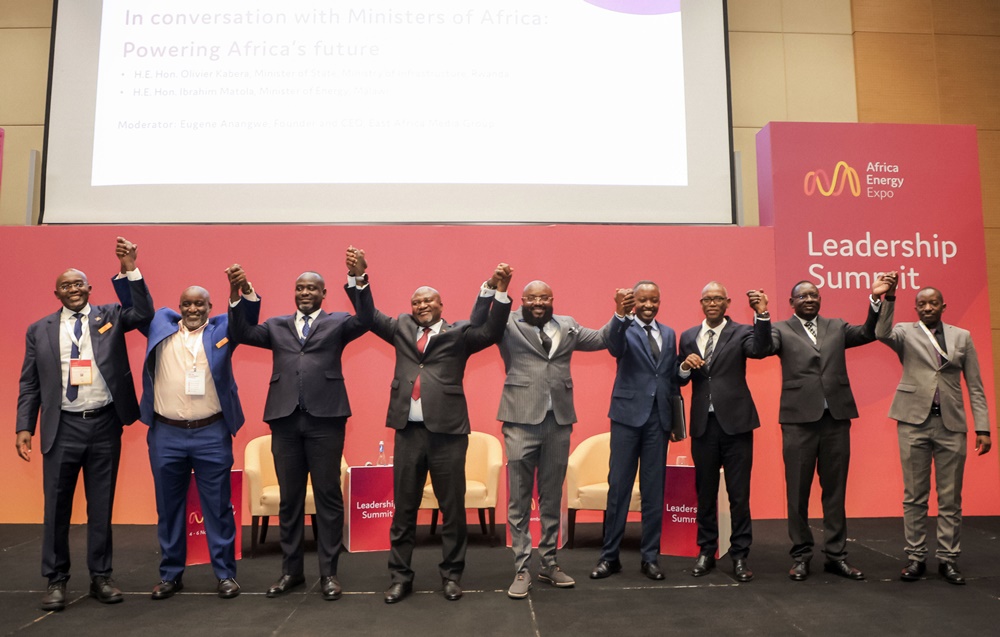News & Events Details
Improved cooking technologies to reduce the use of firewood in households by 42%
Rwanda Energy Group (REG), in partnership with its stakeholders, is carrying out a countrywide awareness campaign on the use of safe, effective and clean cooking technologies to ensure that Rwanda meets its targets to reduce the use of biomass energies to cook in households.
Extensive use of biomass energy has potentially serious environmental implications and may be non-renewable unless properly managed. In this regard it is imperative that forests and woodlots be more productively managed, and charcoal more efficiently produced. Failure in this realm could result in accelerated deforestation as the demand for energy due to the increasing population increases.
The energy policy proposes more efficient production and use of biomass energy by households and that this should be complemented by promoting other sources of energy, including biogas, pellets, briquettes and LPG.
The use of improved cook stoves that are up to three times more efficient than the traditional 3-stone stove and can reduce biomass consumption by anywhere between 68-94%. This will free up the time spent by women and children in collecting firewood, giving them more time to study and undertake more productive commercial activities
Currently, around 80 per cent of Rwandans still use firewood for cooking but, by 2024, Rwanda is targeting to have reduced the figure to 42 per cent.
According to Eng. Oreste Niyonsaba, the Manager of Social Energies, the number of people who use modern stoves is still low which threatens environment conservation.
“In order to ensure the protection of the environment, we are encouraging the public to embrace the use of modern cooking gas and stoves,” Niyonsaba said.
He noted that if the public continues to cut trees for firewood, the country risks desertification and that’s why the public should be aware of the consequences and embrace the safe cooking system.
Categories
Archives
- November 2024
- October 2024
- September 2024
- July 2024
- May 2024
- April 2024
- March 2024
- August 2023
- July 2023
- June 2023
- May 2023
- April 2023
- February 2023
- December 2022
- August 2022
- July 2022
- June 2022
- May 2022
- April 2022
- March 2022
- February 2022
- January 2022
- December 2021
- November 2021
- September 2021
- August 2021
- July 2021
- June 2021
- May 2021
- April 2021
- February 2021
- January 2021
- December 2020
- November 2020
- October 2020
- September 2020
- August 2020
- July 2020
- June 2020
- April 2020
- March 2020
- February 2020
- January 2020
- December 2019
- November 2019
- October 2019
- September 2019
- August 2019
- July 2019
- June 2019
- May 2019
- April 2019
- March 2019
- February 2019
- January 2019
- December 2018
- November 2018
- October 2018
- September 2018
- July 2018
- June 2018
- April 2018
- March 2018
- February 2018
- January 2018
- December 2017
- November 2017
- August 2017
- July 2017
- June 2017
- March 2017
- February 2017
- January 2017
- December 2016
- November 2016
- August 2016
- July 2016
- June 2016
- April 2016
- February 2016
- May 2015
- April 2015
- March 2015
- January 2015
- December 2014
- August 2014
- July 2014
Related News
Our Partners
Please fill in the form or Call us on our Toll free number 2727
























